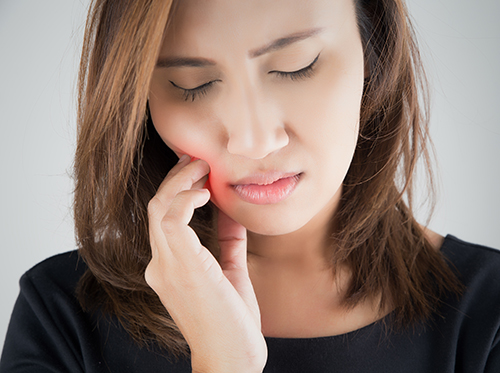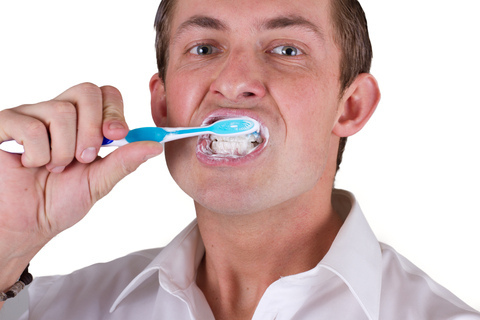Nitrous Oxide
February 6th, 2018

Nitrous oxide is a gaseous sedative that’s inhaled through a small mask placed over the nose. Often referred to as laughing gas — because of the euphoric effects it produces — nitrous is used in our Beaverton, OR office for its anesthetic/analgesic properties.
It will make it so you don’t feel the pain of dental treatment or have an experience that some patients may find traumatic.
Nitrous oxide’s use in the dental field dates back to about the mid-1800s, but when it was introduced, practitioners didn't understand the need to add oxygen. These days all nitrous oxide is administered with at least 30% oxygen for safety (so it forms the compound N2O-O2).
If you need any form of dental treatment, Dr. David Barney may find it necessary to administer nitrous oxide. Some of the effects you may experience while you’re sedated include:
- Lightheadedness, tingling in the arms and legs, followed by a warm or comforting sensation
- A euphoric feeling or feeling like you are floating
- Inability to keep your eyes open, so it seems as if you’re asleep
If at any time you feel uncomfortable, irritated, or sick, let Dr. David Barney know, so the percentage of nitrous oxide being used can be adjusted. The effects dissipate quickly once you return to breathing regular air.
It’s best to be informed about all aspects of your dental treatment before you arrive. There are alternatives to nitrous oxide, so if you’re at all concerned, please don’t hesitate to ask questions about other options for sedation.
Analgesic (numbing) injections can often be used locally at the surgical site. We’ll find what works best for your particular case.




 Website Powered by Sesame 24-7™
Website Powered by Sesame 24-7™